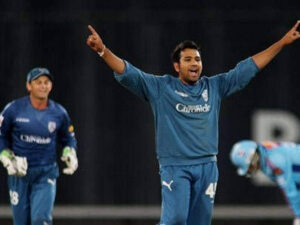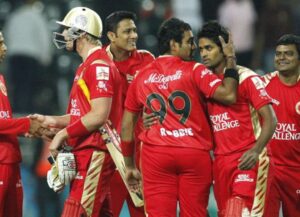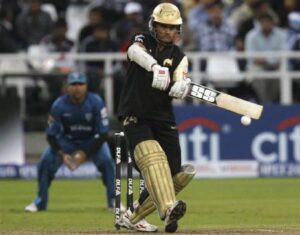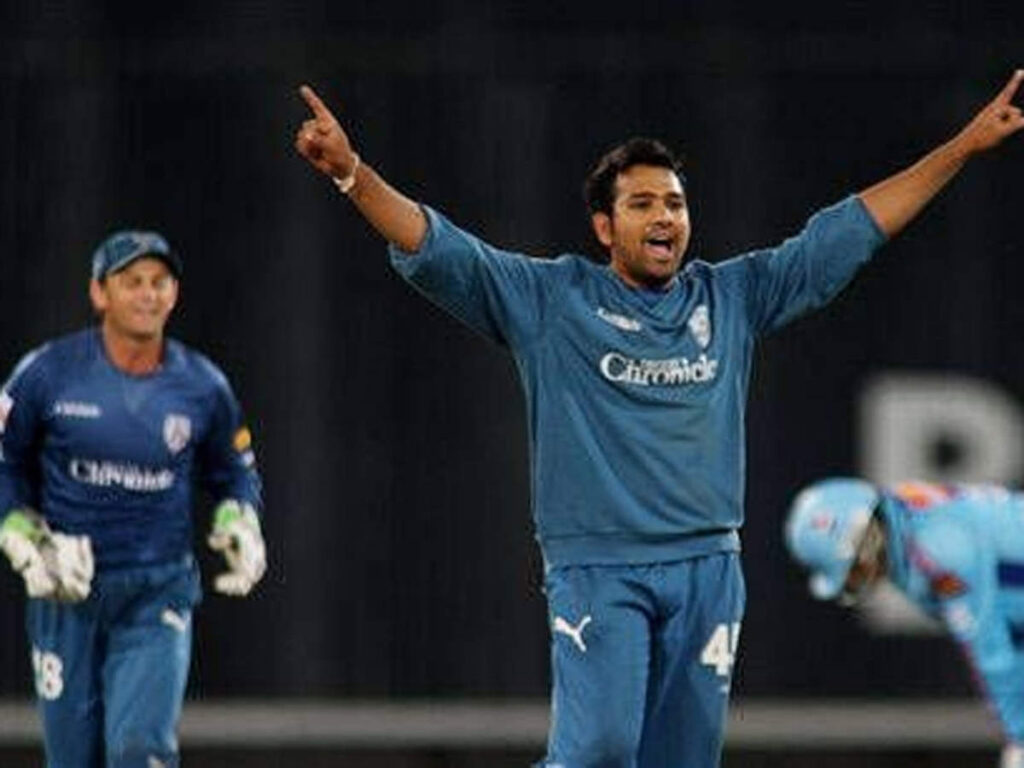
A decade and a half is long time in the history of an event designed to make memories that are erased by more memories within the span of six weeks each year. But with India warming up to a long-drawn general election from next month, one cannot but dig into the recesses of the sub-conscious to recall the Indian Premier League becoming an off-shore event in 2009.
Depending on how you viewed it, shifting the whole tournament to a different country and a different time zone because of the hustings was either a logistical nightmare or an opportunity to showcase organisational skills. The Board of Control for Cricket in India (BCCI) did a remarkable job of carting the IPL to South Africa, ensuring that uncertainty was addressed quickly, and allowing the fraternity time and space to get used to the idea.
It was a blockbuster and provided ample clues, to anyone looking for them, that the home-and-away concept, with an eye on developing local fan bases, was not so important to the supporters. The quality of the broadcast and the streaming that followed ensured that fans would back teams in some instances and players in others, whether or not a game was being played at home venues.
South Africa was an apt location, not just because Cricket South Africa and the government welcomed IPL with open arms, but also because Durban and Johannesburg had introduced India to the magnetic charm of T20 cricket during an amazing ICC World T20 in 2007. The sizable population of Indian origin also ensured that the sub-continental flavour was not absent.
For the Latest Sports News: Click Here

Of course, the IPL had toyed with the idea of going to England. Though some of franchisees preferred the UK as the venue, it lost out since inclement weather in May could have impacted a majority of IPL matches. Hosting it in South Africa assured the Indian fans that prime-time viewing would not be compromised, with matches scheduled for 4pm and 8pm (IST).
The DLF-IPL, as it known then, was established as a trend-setter even in its opening season. And well before a ball was bowled in the second edition, it became a path-breaking entity. The decision to have the tournament played in South Africa meant that it would become the first domestic sporting event to be staged overseas.
For many years, teams from the NBA and the EPL had been prospecting Asia, if not India, with the hope of having some of their games played in these areas. The IPL moved ahead in becoming the first sporting entity from India to find off-shore venues, while ensuring that the event was held on schedule.
IPL fans were disappointed that the event could not be held on Indian soil, but they realised that they were not denied their share of televised entertainment for six weeks. They had the opportunity to back their favourite teams even when the tournament was held at off-shore venues. Indeed, in more ways than one, the IPL exemplified the spirit befitting adventurers who sought new frontiers.
On a personal note, putting together coverage for the tournament’s official website as its Content Head was both exciting and emotionally draining. Long before X (Twitter) Spaces, YouTube and Instagram, interactive chat rooms were the norm and it was fun running the chat room with hundreds of fans present. It seems such a distant memory now, a decade and a half later.

Of course, few will remember that Kolkata Knight Riders experimented with multiple captains that season. Fewer still will recall a certain Dune Kossatz being crowned Miss Bollywood IPL. But the success of the tournament in South Africa will be embedded in everyone’s mind. IPL 2009 will remain a milestone in Indian sporting history.
To be sure, a lot has changed in and around the IPL, but the event itself remains a cricketing spectacle, even though off-spinner R Ashwin, a veteran of 17 seasons, wonders if it is even cricket at times. The rapid advancement of technology has made the tournament rather vulnerable and there have been at least a couple of instances of alleged erosion of integrity.
Much water has flowed under the bridge since 2009 when the IPL was relocated to South Africa at the drop of a hat. Five years later, the initial part of IPL was held in the United Arab Emirates but in 2019, the government and the BCCI ensured that the whole tournament was played in India, with the IPL calendar being woven around the election schedule.
Given that the IPL economy is so large that it can be considered an industry in itself, it is just as well that it is held in India and a large percentage of the revenues remain in the country. Both in 2019 and now, the government and the BCCI have done well to keep the tournament rooted in India, without compromising on the security of the players, support staff and fans alike.
While two successive editions of the IPL were held in the United Arab Emirates when the Covid-19 pandemic disrupted the world at large, and sport in particular, it is now safe to argue that the IPL has but one rival – the general elections. It is safer to conclude that they have come to co-exist, sometimes even feeding off one another.




